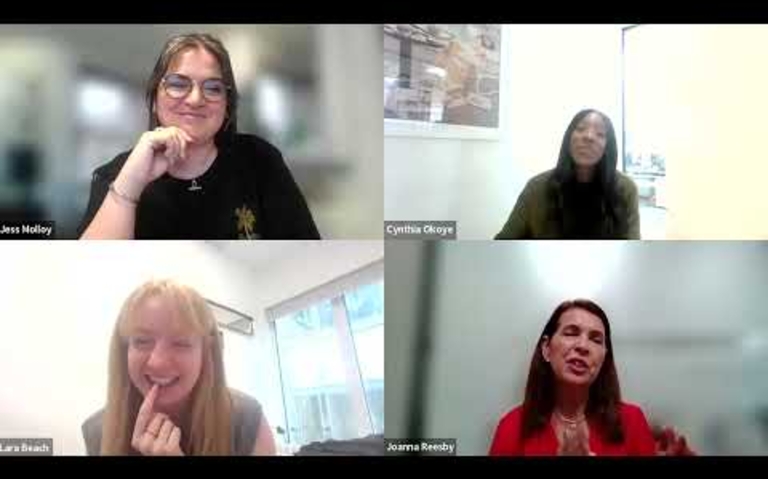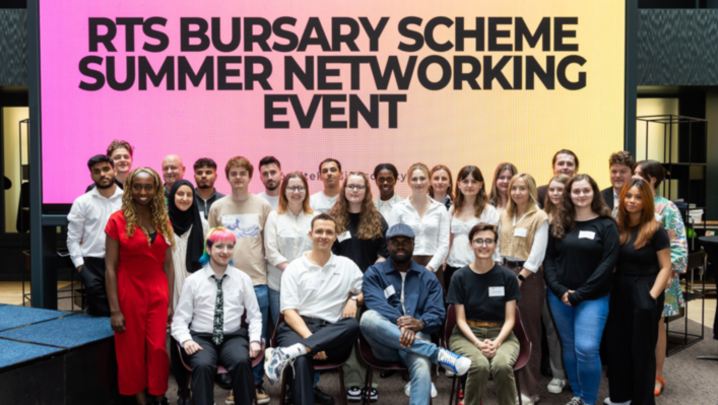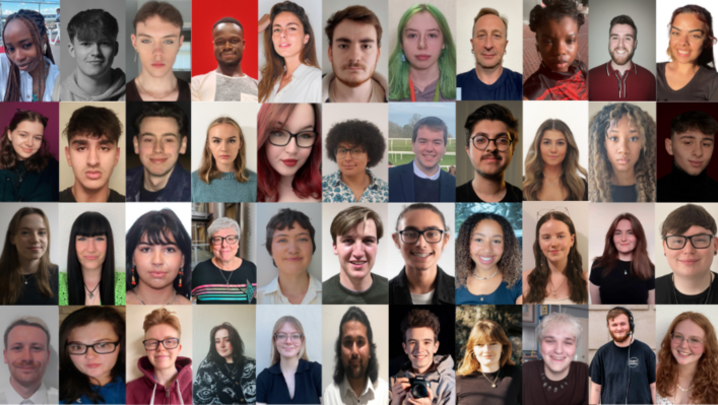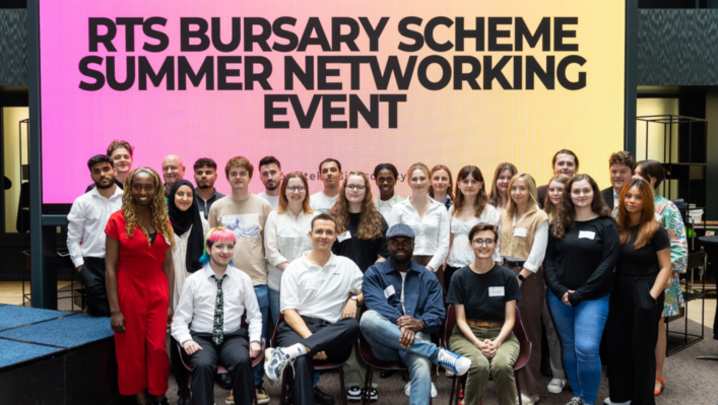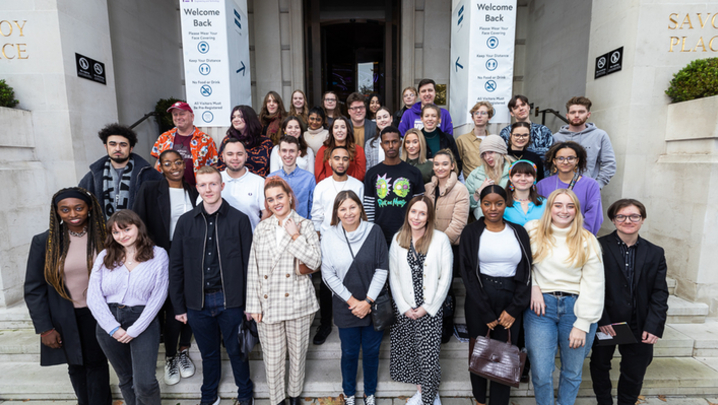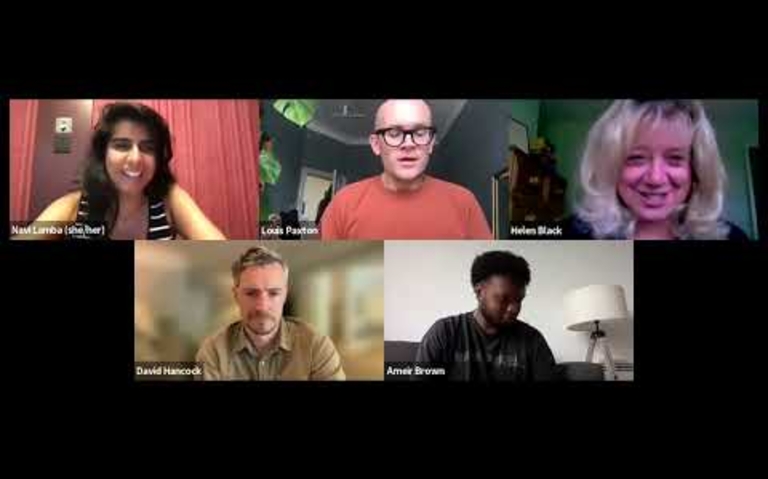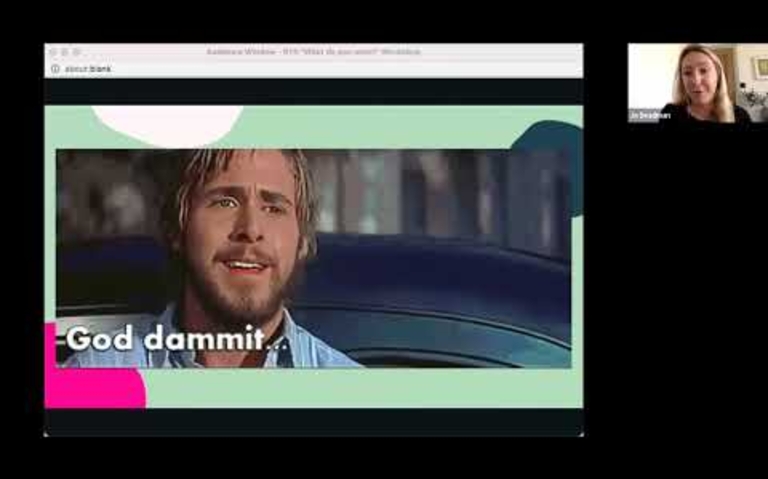There has long been a technology skills gap in TV due to the competitive recruitment of graduates in related fields, and despite the best efforts of employers, that gap remains.
As Freeview’s Head of Technology Partnerships, Alex Russell, acknowledged, “It’s certainly true that companies like Google and other tech giants can pay higher graduate salaries. As a smaller company though we offer a different sort of environment with the same benefits around flexible working, an exciting range of projects, a great pension. It’s just about getting ourselves noticed.”
As Pitts points out, however, the problem is also one of perception. People only see the content on-screen, not the technology behind it.
Both the public service and commercial broadcasters like the BBC, ITV and Channel 4 are all traditionally regarded solely as broadcasters and content producers, and such labels fail to signal the engineering and programming behind the scenes.
Conrad Langworthy, Head of BSkyB’s Software Academy, agrees. “People look at Sky and they see a broadcasting organisation. They don’t make the connection that in order to make things like Now TV and Sky Q a reality, there’s an awful lot of engineering and technology that goes into them.”
This means that technology students are not always aware of the vast career opportunities the media industry has to offer.
One of the aims of the RTS Technology Bursary Scheme is to inform Computer Science, Engineering, Physics and Maths students of these opportunities through various means, including a Summer Tour and placements at their industry partners (including Arqiva, the BBC, Channel 4, the Institution of Engineering and Technology, ITV, Freeview, Sky, STV, Virgin Media and YouView).
It was through the scheme that bursary scholar Keoni D’Souza secured a year-long software engineering traineeship at ITV. “Before then,” he admitted, “I’d never really thought about it [TV technology], because all you think about is the production.”
As a computer science student, Keoni was employed as a programmer to work on front and back-end development for the ITV Hub and Hub+ teams, but he was also exposed to the neighbouring departments.
As well as ‘Software Engineering’, the ITV jobs website has listed six other technology departments at the business. These include ‘Project, Product & Service Delivery’, ‘Data’, ‘Cyber Security’, ‘Group Technology Platforms’ and ‘Content Supply Distribution’. Similar departments exist for most broadcasters, not to mention the engineers maintaining the equipment used for production.
When asked for their hiring criteria, both Russell and Langworthy highlighted an overall “passion for technology” and an interest in “solving problems.”
Formal qualifications are obviously useful, but, Russell explained, “probably the most interesting people I’ve hired are the ones who, off their own back, have built things with Arduinos and Raspberry Pies to solve problems. One interviewee even showed me his ‘useless machine’” (a box with a switch on top, which, when flicked, triggers an arm that pops out to flick it back the other way, the result being an eerily lifelike machine).
Keoni worked on several projects during his time at ITV and some would take months to complete. The melding of users’ email addresses to the sign out screen, for example, “sounds like nothing, but it took at least a month to do.”
Although according to him, it was worth the effort. “Everyone sees it if they’re on the sign out screen, so I’ve lived off that fame ever since!”
In Russell’s eyes, these tangible legacies are a USP. “The way I always sell it [working in TV technology] is that when you go home at the end of the day, you can see something that you’ve built live in your own home.”
Given that over 28 million homes in the UK now have televisions, these legacies are not just tangible but far-reaching, and can really make a difference in people’s lives.
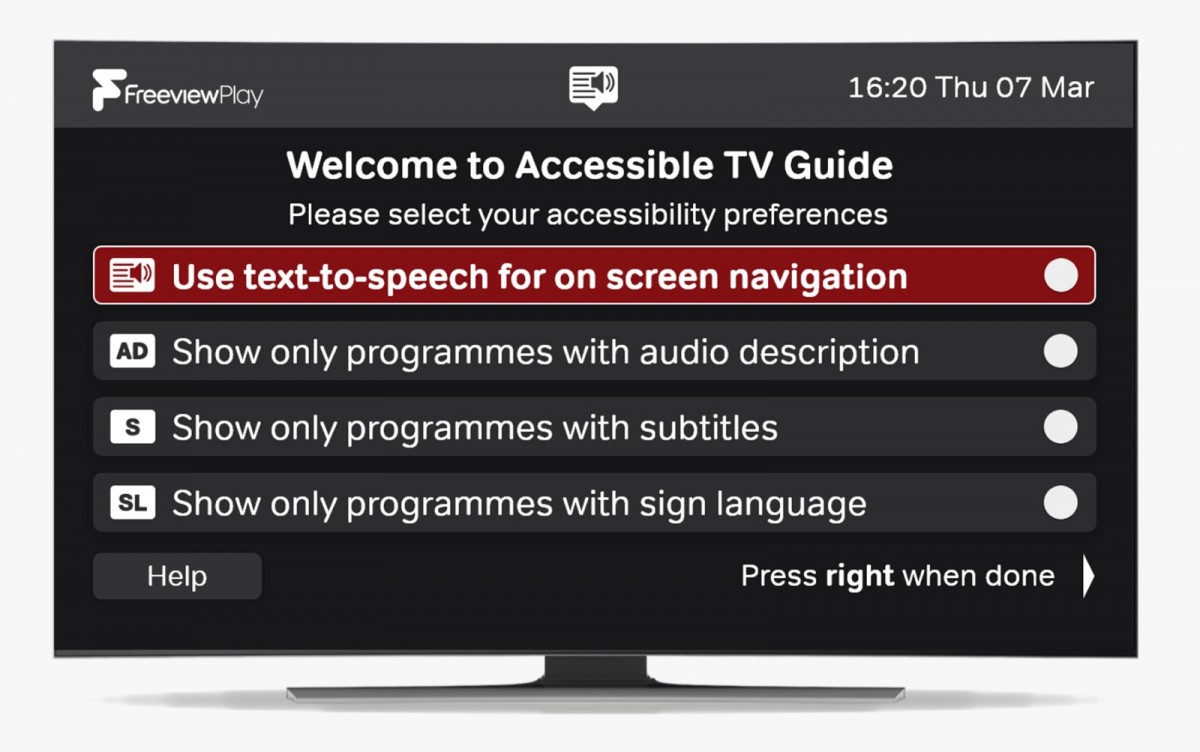
Last year, for example, Freeview launched their multi-award-winning Accessible TV Guide, which allows viewers with accessibility needs such as visual or hearing impairments to discover suitable content more easily. It’s one of the in-house projects Freeview developers have been working on, alongside working directly with TV manufacturers to ensure their new products make for a great Freeview experience.
Such innovation is another main attraction in TV, said Langworthy, as is the “breadth” of the work. “I often say to people that it will be easy to spend their entire career at Sky because there’s so much on offer. It’s unlikely that you’ll go to another industry and experience all of broadcasting, virtual reality, augmented reality, voice, AI and machine learning.”
To both harness and catalyse advancement across such diverse technologies, TV is constantly evolving, and its current evolution follows a global trend. “The worlds of engineering and IT are merging into one, with software taking over from hardware, and that means that TV is as reliant on software as an online bank is,” said Pitts.
Businesses industry-wide are transforming themselves into digital-first organisations with streaming services, data capability and addressable advertising, while developing direct relationships with their viewers.
The nature of the work is changing, but it paves the way for technologists with new skillsets to enter the fray.
Find out more about the RTS bursary scheme here, or discover the technology job opportunities in television below.
STV: http://www.stvplc.tv/careers
Freeview: https://www.freeview.co.uk/careers
BBC: https://careerssearch.bbc.co.uk/jobs/search
Channel 4: https://careers.channel4.com/4jobs/technology
UKTV: https://corporate.uktv.co.uk/working-at-uktv/article/our-departments/


